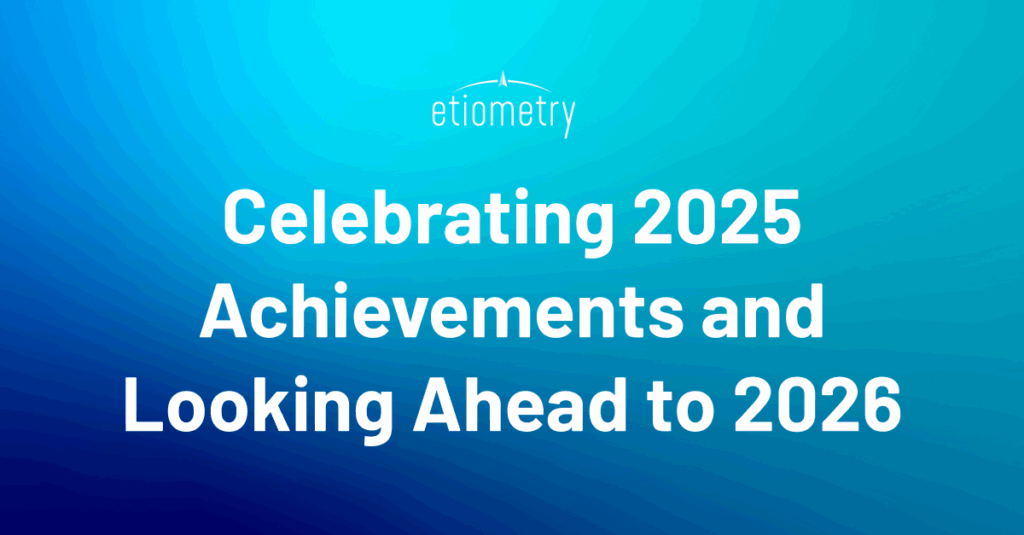T3 Software Receives FDA 510(k) Clearance
News and Press Releases
Marks significant milestone in development of dynamic analytics for patient care
BOSTON, March 17th, 2015 — Etiometry, a pioneering developer of software to improve patient outcomes and reduce the cost of care in intensive care units, has received FDA 510(k) clearance for its T3 Software product.
T3 is a software-based solution which aggregates data from multiple sources including bedside patient monitors and devices. The current and historical data streams are displayed by the T3 Software through a web browser interface to assist clinicians with identifying actionable information and making treatment decisions. The T3 Software is the result of a multi-year collaboration with clinicians from two of the world’s leading research hospitals.
The T3 Software is the foundation for Etiometry’s advanced analytics software, the Etiometry Risk Analytics Engine (RAE). Currently under development, the Risk Analytics Engine will enable early warning of a patient’s deteriorating condition while providing actionable insight into its causes by applying systems engineering algorithms that have been proven in industries such as aerospace and defense. Several world-renowned research hospitals are actively collaborating with Etiometry to develop the system for clinical deployment with the aims of improving ICU patient care outcomes and quality, while reducing its cost.
To accelerate the translation of clinical quality improvement research to bedside application, Etiometry has also created the Quality Improvement System. The Quality Improvement System (QIS) allows clinicians without data analysis expertise to perform off-line analysis of data collected by the T3 Software as well as access a multi-institution shared database for creating best-practice protocols.
“FDA clearance of the T3 Software marks a major milestone in Etiometry’s development of the next generation clinical decision-support system. The T3 Software in concert with the Risk Analytics Engine and Quality Improvement System comprise an end-to-end, scalable platform that will revolutionize patient care and reaffirm Etiometry’s position as the leader in ICU dynamic analytics,” said Evan Butler, COO.
FDA 510(k) clearance applies to Class II medical devices designed for clinical use and imposes more stringent quality requirements than Class I MDDS products, which can only be used to display data retrospectively. “The adoption of dynamic analytics solutions for clinical use requires high quality software that has achieved FDA clearance. FDA 510(k) clearance of the T3 Software paves the way for the delivery of near real-time, continuous, patient-specific analytics to the care team,” said Dimitar Baronov PhD, CTO.
Etiometry is currently expanding its roster of collaborating hospitals for development and evaluation of its Risk Analytics Engine technology.About Etiometry
Etiometry Inc. is the leader in clinical decision-support software for the intensive care environment. Our technologies provide valuable clinical insight and analysis to support early recognition of subtle changes in patient condition to avoid complications and speed recovery. Etiometry is committed to improving patient outcomes, increasing clinical efficiency, and lowering costs of care through the more effective use of all available data.
For more information, visit www.etiometry.com.


